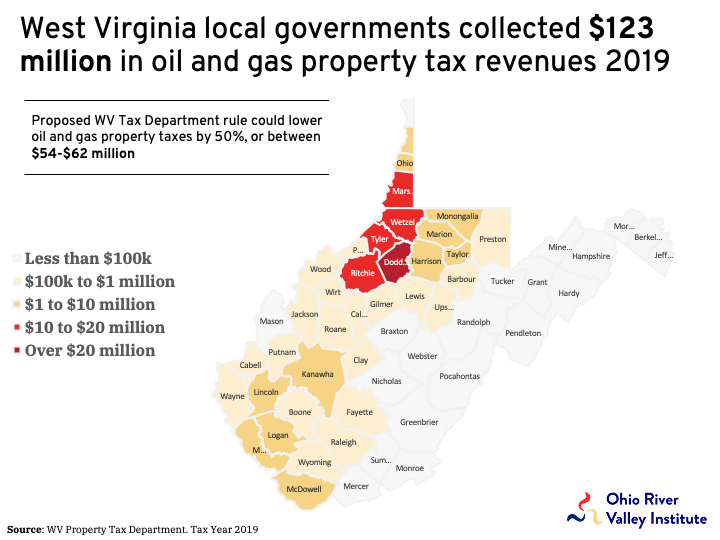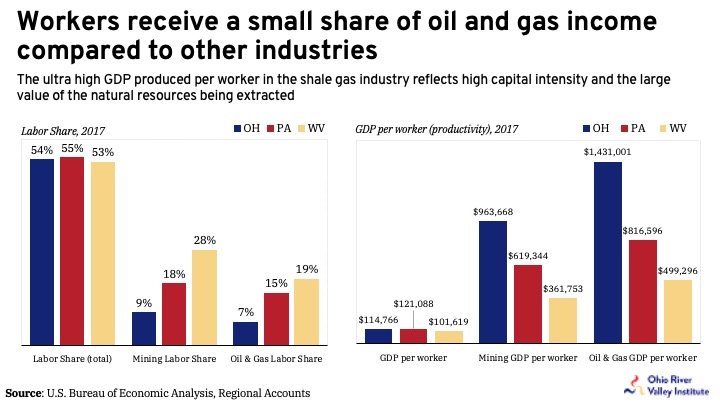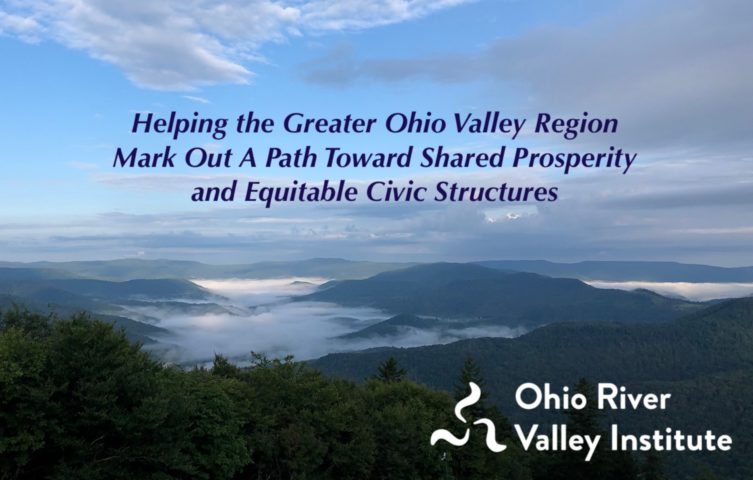ORVI Research Spotlight
Quality of Life-Driven Prosperity for Small Cities and Towns: a preview of featured Advisory Council member Dr. Amanda Weinstein’s new paper, Estimating Quality of Life in Micropolitan Areas.

Population and job growth are more highly correlated with quality of life amenities than they are with business environment attributes. Entertainment, recreation, healthcare, cultural opportunities, sports, education, weather, restaurants, retail options, and clean air and clean water all matter. But, some are more controllable by policymakers than others and, in a happy coincidence, many of those are also highly correlated with economic success.
West Virginia’s Oil and Gas Industry Pushing for Millions in Property Tax Cuts: while West Virginians are dealing with the COVID-19 pandemic and trying to figure out if their kids can attend school, the oil and gas industry is working to cut its property taxes by as much as $62 million per year.

According to the West Virginia Property Tax Department, the proposed changes could lower local oil and gas property tax collections “by approximately 50%”. In Tax Year 2019, West Virginia’s local governments collected an estimated $123 million in oil and gas property taxes, suggesting that local governments would lose an estimated $62 million. The counties where horizontal fracking wells produce gas and oil will be the most heavily impacted, taking a hit of $54 million.
The Fracking Boom in Appalachia: Big Gross Domestic Product (GDP) Growth, Small Amount of Jobs and Local Income

While GDP can be a good proxy for looking at the economic output or total value of what is produced in an economy, it paints an incomplete, and sometimes distorted, picture of how well an economy is delivering broadly shared prosperity. This is true, for example, when we look at the economic growth associated with the shale fracking boom over the last decade. While there has been large growth in GDP associated with oil and gas industries in the Ohio River Valley, the reality is only a small fraction of the income and wealth generated stays in the community or in the pockets of workers or residents. |
